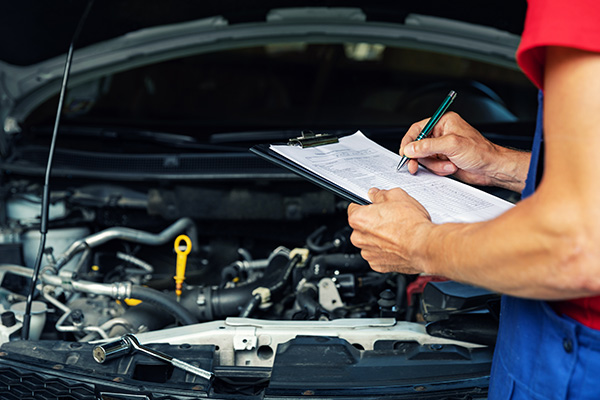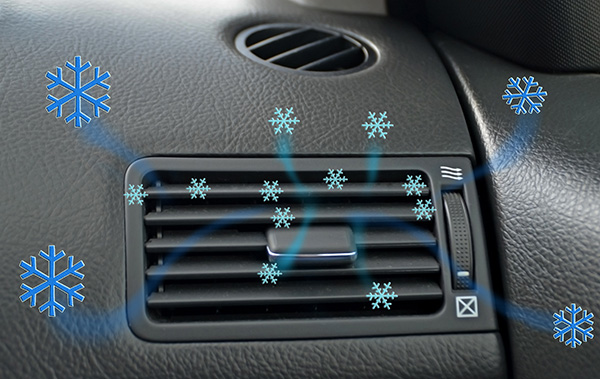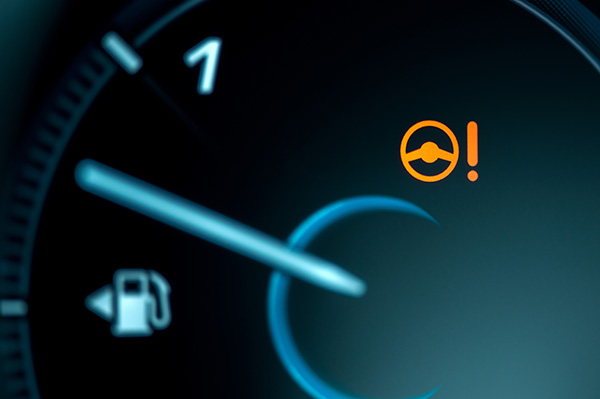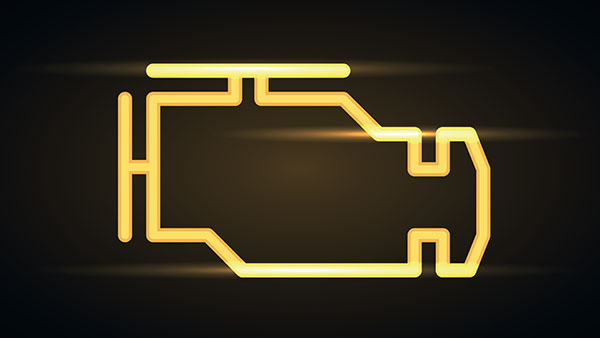Posted on 6/27/2024

Planning a long drive can be exhilarating. The open road, the scenic views, and the promise of adventure make it all worthwhile. However, ensuring your vehicle is in top-notch condition is crucial to prevent any unexpected hiccups along the way. A thorough safety inspection before hitting the road can make the difference between a nice and troublesome journey. Here's a comprehensive guide to help you perform an effective safety inspection before your next long drive. 1. Check the Tires Thoroughly Your tires are the only part of your vehicle that touches the road, making their condition critical for safety. Start by checking the tire pressure; under-inflated or over-inflated tires can affect handling and fuel efficiency and increase the risk of blowouts. Use a reliable tire gauge to ensure all tires, including the spare, are inflated to the manufacturer's recommended levels. Next, inspect the tread depth. Worn-out treads can reduce traction, especially in wet ... read more
Posted on 5/29/2024

Ever wondered why your car needs repairs so often? It's easy to blame bad luck or the age of the vehicle, but sometimes the culprit is much closer to home. Many drivers unknowingly engage in habits that, over time, can cause significant damage to their cars. Intrigued? Let’s look into the most common driving habits that can harm your vehicle and learn how to break them. 1. Riding the Brakes One of the most common bad habits is riding the brakes. Many drivers keep their foot on the brake pedal, especially when driving downhill or in heavy traffic. This constant pressure on the brakes can cause them to overheat, leading to premature wear and tear. Over time, this habit can warp the rotors and reduce the lifespan of your brake pads. 2. Ignoring Warning Lights Those little warning lights on your dashboard are there for a reason. Ignoring them is like ignoring a fire alarm. Whether it’s the ... read more
Posted on 4/28/2024

One common experience most people have is getting into their car on a hot, sunny day, turning on the AC, and being greeted with a bad smell coming from the AC vents instead of fresh air. What causes this unpleasant odor, and how can it be eliminated? We will examine the main culprits behind bad car AC odors and learn how to get rid of them once and for all. Stagnant Water Accumulation Ever left your car sitting in the sun for too long with the AC off? This can lead to condensation buildup in your AC system, creating the perfect breeding ground for bacteria and mold. As these microorganisms multiply, they emit a musty odor that can permeate your car's interior. Regularly running your AC and ensuring proper drainage can help prevent stagnant water accumulation and keep foul odors at bay. Dirty or Clogged Air Filters When did you last check or replace your car's cabin ... read more
Posted on 3/28/2024

Are you experiencing difficulty turning the steering wheel in your vehicle? Have you noticed strange noises or stiffness when maneuvering? If so, it might be time to consider a power steering fluid flush. Understanding Power Steering Fluid Before diving into the reasons for a power steering fluid flush, let's first understand the role of power steering fluid in your vehicle. Power steering fluid is a hydraulic fluid that assists in the smooth operation of your car's power steering system. It helps transmit the force from the steering wheel to the steering mechanism, making it easier to turn the wheels, especially at low speeds. Why Consider a Power Steering Fluid Flush? Over time, power steering fluid can accumulate dirt, debris, and contaminants, compromising its effectiveness. This buildup can lead to decreased performance of the power steering system, resulting in difficulty steering, increased steering effort, or even damage to co ... read more
Posted on 3/5/2024

The check engine light, an essential dashboard warning, serves as an indispensable indicator of potential issues within a vehicle's intricate system. Among the different types of check engine light signals, the flashing and solid variations represent distinct conditions that demand a driver's immediate attention. Understanding the disparity between these signals is crucial for maintaining a well-functioning vehicle and ensuring road safety. Check Engine Light Basics The check engine light, often depicted as an illuminated engine symbol on the dashboard, operates as a crucial communication tool between the vehicle and the driver. When the check engine light activates, it signals the presence of an underlying problem that requires inspection and resolution. Ignoring this warning can lead to severe consequences, ranging from ... read more